Chris is an experienced procurement professional, having spent over 30 years working in the Defence industry, on both national and international defence programmes. He has developed and lead diverse procurement teams at all stages of the procurement lifecycle for a number of major maritime acquisition and support programmes. A Passionate people person, Chris excels at the development and coaching of individuals through the building of strong relationships, not just within the immediate team, but across the Supply Chain, (including customers and suppliers) and within the broader procurement profession.
Chris lives in Bristol with his wife Heather and son Charlie.
Tell us a bit about yourself, background, and your current role?
I’m currently an Operations Director in MACE, leading the delivery of the PARAGON Commercial Delivery Partner Contract, which provides commercial resource and consultancy into the Ministry of Defence. Despite being a Marine Engineer by trade, I’ve spent the last 20 years in a variety of Procurement Leadership roles, and have worked in the Defence Industry throughout my career, across a number of major Defence Programmes.
Did you ever sit down and plan your career?
In the earlier part of my career, I tried to, but rapidly realised that you can have as many career plans as you like but the companies that you would want to work for promote progression based on performance. My father used to say that “people are promoted only until they reach the required level of incompetence” – so I’ve kept that in mind when considering opportunities!
What one thing do you believe has been a major factor in you achieving success?
In a large part it’s been through being clear about what I want to achieve in a role and what success looks like and focus on delivery of that. I’ve always acknowledged that politics and other’s agenda will always influence my roles, but I don’t stress about these factors as I can’t control them. I’m also a firm believer that I can only succeed if the team around me succeed, so I have naturally focussed on team development, which is good for them and for me.
Have you faced any challenges along the way?
Sadly, yes. I have worked in challenging teams where management styles are somewhat “traditional” – which created conflict with my people focus and meant that my personal values were being compromised, this led to a period of mental health challenges and ultimately the need for me to move on in my career.
Tell us about how you have championed women within your career.
I have always valued diversity of thought within teams, and my experience has been that female perspectives often bring a refreshing challenge to both ways of working and how to deliver outputs. Critically, it’s important to ensure that everyone’s voice is heard and to advocate and promote flexible working practices across the whole team, as opposed to the presumption that it is largely the female population that have to “ask” for flexible working. Whilst I have coached and mentored women within the team, I have also encouraged engagement with fellow women across the wider business to promote networking.
What difference has your involvement had?
I’ve been involved as a D&I ally in a previous role, as well as coaching and mentoring a number of female members of the team, and specifically coaching early careers individuals. I have also engaged female reverse mentors as a specific ask to counter and challenge any unintended bias.
What positive steps have you taken to encourage more women to make their mark?
My natural people development style is always to identify and provide opportunity for individuals to showcase their capabilities, and I have actively sought to identify women to step forward for senior presentations, stretch opportunities and extra-curricular tasks. In doing so I have offered additional coaching and support, recognising that this sometimes means operating outside of a comfort zone.
What barriers do you feel are still the most challenging for women in the workplace?
Thankfully (thanks to COVID), flexible working is very much the norm in most working environments, but I still feel there is a perception that flexible working is most applicable to women in the workplace, and this is somehow a “negative”. Equal pay and opportunity, despite stronger D&I policies than ever, remain some way off and there is much more to be done.
Why do you think some men shy away from becoming involved with gender equality?
For me it is a natural apprehension about “getting it wrong”, recognising that behaviours and language that may have been socially acceptable historically are no longer so. Finding the balance between positively promoting D&I and ensuring a team has the best capabilities that it can is also a challenge and can lead to challenges around nepotism and/or misogyny. I do think there is a balance to be found – language such as “pale, male and stale” is becoming commonplace and personally, as well as taking offence, I find this disincentivises me from engaging positively for fear of creating a perception that men still influence what opportunities are made available to women.
What is one thing you can do better in your organisation to improve gender equality?
Ongoing education is vital for me, along with challenging when values are not being demonstrated. It would be great to see more males join women orientated networks as allies and advocates.
Conclusion:
Chris has carved a distinguished career path within the Defence industry, showcasing leadership and dedication across diverse procurement teams. His commitment to fostering inclusivity and championing diversity is evident through his proactive approach to team development and advocacy for flexible working practices. By prioritising diversity of thought and providing opportunities for women to excel, Chris has played a pivotal role in driving positive change within his organisation. Despite facing challenges along the way, Chris remains steadfast in his belief in the importance of continuous education and advocacy to further improve gender equality in the workplace. Through his ongoing efforts, Chris stands as a beacon of inspiration for fostering a more inclusive and equitable workforce within the Defence industry.





Responses